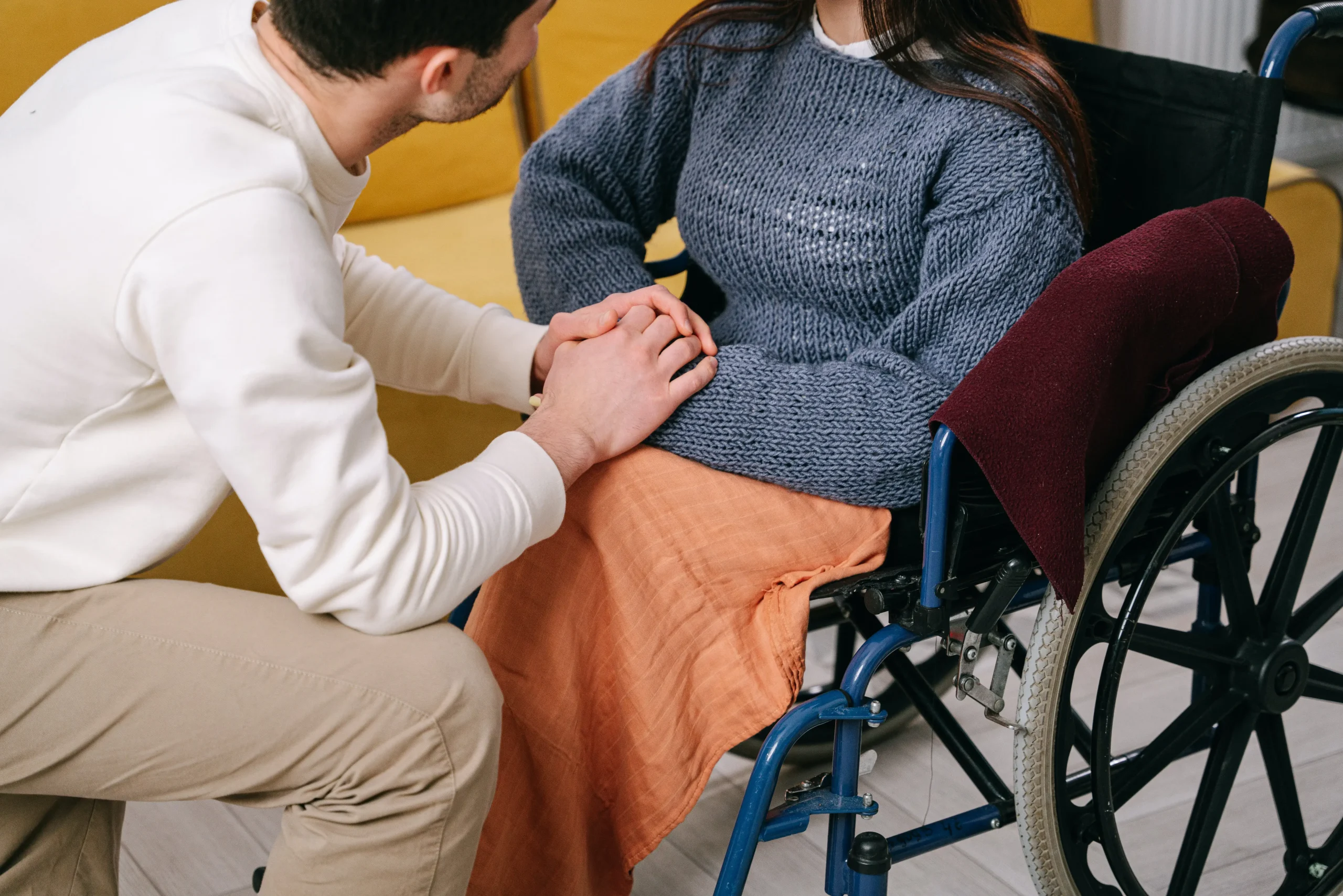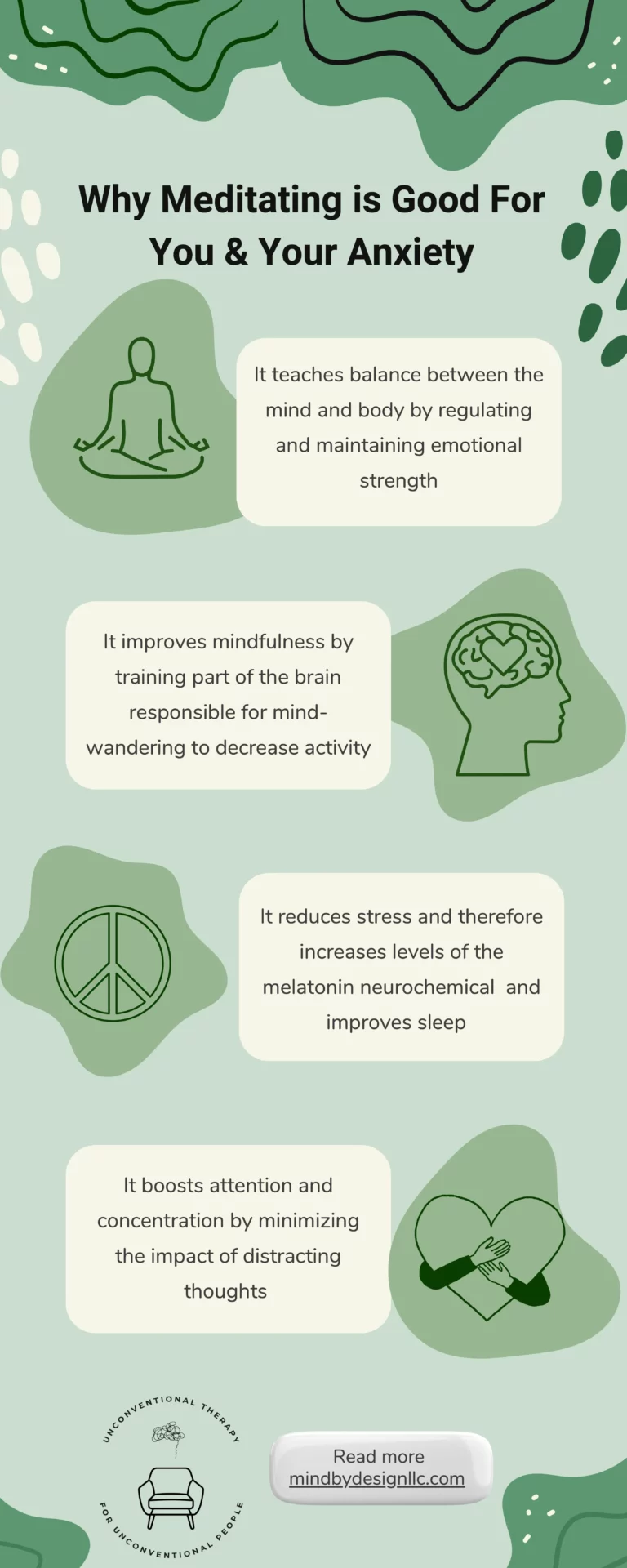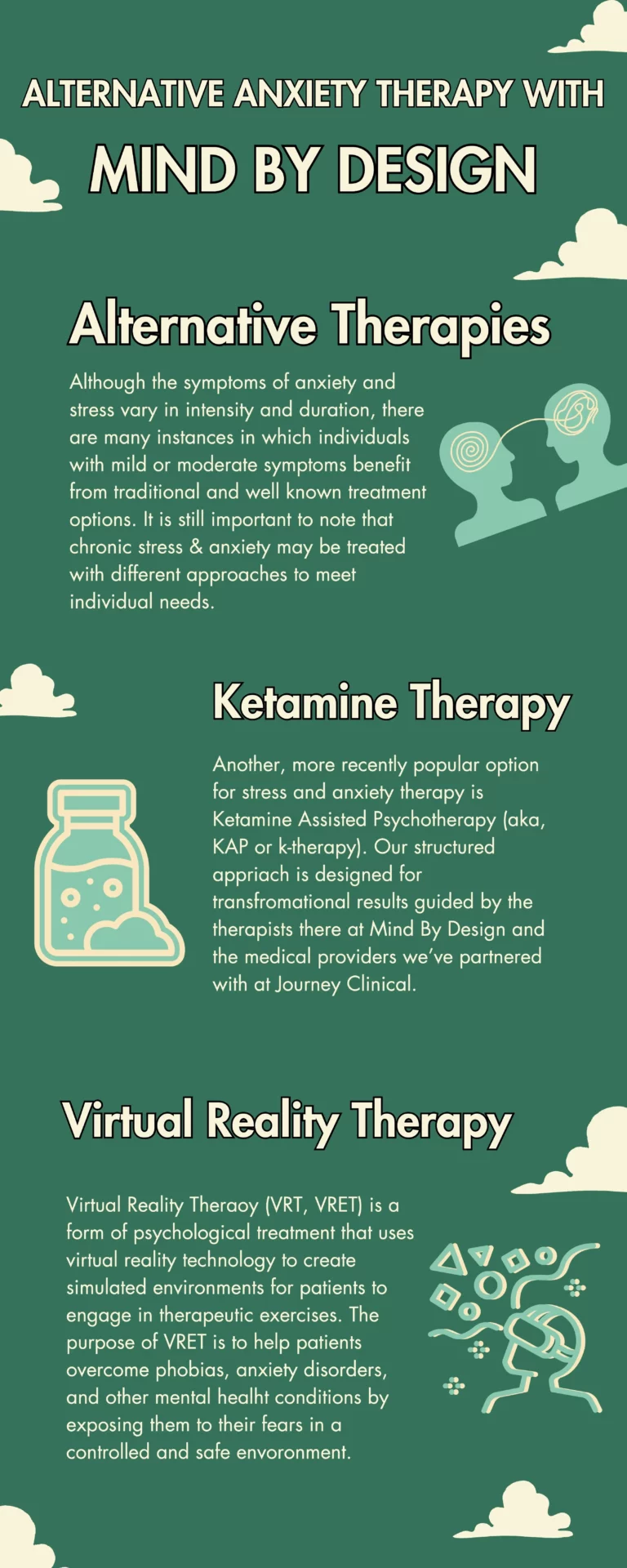Caring for your Mental Health:
Self-Care for Caregivers
Author: Alicia Alarco-Hernandez
Follow Us on Social 😊🧠
We’ve all heard about the importance of ‘self-care’, but it may be time to really consider how critical self-care for caregivers truly is for both the caregiver and the recipient. As a caregiver, it may be difficult to think of yourself as ‘needing’ just about anything, let alone, “me time” or “self-care”. Often, self-care doesn’t even make it to the to-do list. However, When we don’t prioritize our own needs, not only are we suffering, but so will those around us. The first step towards being mindful and intentional about self-care for caregivers is making sure that it’s no longer an option, but instead a requirement for the job as a caretaker.
Why Self-Care For Caregivers is Essential
For many caregivers, “me time” may be perceived as a selfish act, igniting feelings of guilt or shame. However, without rest and recovery, burnout, fatigue, and frustration are inevitable. And when that happens, no one is getting the best version on you. So, looking at it through the lens of recharging your battery to keep going, actually makes self-care for caregivers more of a selfless act.
The Purpose of Self-Care for Caregivers
Self-care can come in many forms, and one of the simplest is commonly referred to as “me time”. “Me time” is defined as ‘time spent relaxing on one’s own, as opposed to doing thing for others and it is seen as an opportunity to reduce stress and restore energy” (Oxford Language, 2023).
Furthermore, studies have shown that engaging in hobbies or activities that you find fulfilling increases patience, optimism and energy.(Asp, 2022).
Remember the goal is to allot time for decompression, rest, reflection and fulfilling activities. Self-care for caregivers should be unique to your needs and routine, therefore only you can determine what works for you.
Self-Care Activities for Caregivers
Self-care activities can be simple additions to your typical day. This may include 3-5 minutes to take deep breaths and focus on calming your body and slowing down your mind. Other activities may include:
- Going for a walk
- Taking a yoga class
- Simple Stretches
- Listen to music
- Journaling
- Enjoying a cup of tea
- Taking a bath
- Reading or listening to an audio book
- Meditation
- Scheduling in breaks
- Doing arts and crafts
- Gardening
- Cooking and Baking
- Meeting with friends
- Planning a trip or vacation
known benefits of self-care for caregivers
Self-care isn’t just about doing fun things. It’s about giving your mind and body and opportunity to recovery from stress. Some benefits of self care include:
- Improved concentration
- Enhanced relationships
- Increased productivity
- Increased self-refection
- Reduced stress levels
- Increased positive mood
- Increased compassion and patience
- Increased optimism and sense of hopefulness
Making self-care a part of your healthy habits, just like eating the right foods to have a healthy body, will nourish your mind for strengthened mental health.
Dealing with Burnout, Fatigue and Depression as a Caregiver
Research has shown that a lack of self-care for caregivers may lead to long term issues including depression, anxiety, as well as physical ailments such as heart disease to skin disorders (Nash, 2022). Sometimes, self-care may fall short of its promised benefits, whether that be because it was low on the priority list, or because the demands as a caregiver are enormous. Regardless, there is no shame in acknowledging that you may be burnt-out, overwhelmed or depressed. A few of the most common signs of burnout are:
- Getting easily agitated and angry on little things.
- Feeling tired or fatigued
- Loss of interest in hobbies or activities
- Feeling like you’re always in a rush, or feeling behind
- Feling as if your stress levels never seem to go down.
Caregiver Compassion Fatigue VS. Caregiver Burnout
‘Burnout’ and ‘self-care’ are familiar terms, however, burnout left untreated or unattended may manifest as ‘compassion fatigue’ for individuals caring for family members or loved ones. Compassion fatigue stems from enduring another’s trauma, manifesting as a secondary traumatic stress disorder.
Caregiver compassion fatigue encompasses the symptoms of burnout, but persists beyond fatigue and stress developing into symptoms such as tension, hopelessness, pessimism and feelings of indifference towards others. This emotional investment makes family caregivers particularly susceptible to compassion fatigue, leading to a diminished empathy and care for their charges. Recognizing this shift is vital, as a significant drop in empathy or concern might necessitate a temporary withdrawal from caregiving duties. Without the appropriate mental, physical and emotional boundaries, as well as outlets, in place, caregivers may be more susceptible to compassion fatigue.
Signs Of Caregiver Compassion Fatigue
- Feeling overwhelmed and exhausted
- Avoiding being with loved ones
- Decreased patience
- Outbursts of anger or frustration
- Feelings of hopelessness
- Increased anxiety
- Challenges in making decisions related to care
- Sleep disruptions
- Physical symptoms such as headaches or stomach problems

Self-Care for Caregivers Experiencing Compassion Fatigue
Compassion fatigue varies from person to person, therefore the self-care routine should also be tailored to your needs. When these signs become an everyday occurrence, it’s critical to take steps to alleviate the stress. This may look similar to the self care activities we mention, or may incorporate a more therapeutic approach as outlined below:
Assess what is in your control
- Are there opportunities to make time for yourself
- Are there opportunities to ask for assistance in caretaking tasks
- Is there a barrier to setting aside personal time
- Are others willing to help
- Are you willing to accept help?
Seek Group Support
Being a caregiver can be really tough, especially when you feel alone, stressed out, or anxious.
Caregiver Stress is so prevalent, there are clinical and non-clinical group supports that are organized and designed to help caregivers manage stress and other common challenges often associated with caregiving. Often, these support groups are peer-lead, offering an opportunity for connection, validation and support.
Professional Counseling for Caregivers
Talking to a therapist can give you the push you need to look after yourself and keep going. Therapy can also help you deal with sadness, stress, and feeling lonely. It’s common for caregivers to seek to therapy due to stress, depression, burnout, anxiety and other common issues related to caregiving.
Conclusion
Congratulations! You’ve already put in some “me time” just by reading this blog and taking into consideration your own personal needs. If you are interested in learning more about incorporating “self-care” into your routine, creating healthy self-care habits and strengthening your mental health, join us at Mind by Design Counseling for individual therapy as well as group support.
References
Asp, K. (2022). How to Claim Some “Me Time”. Find Your Calm: Managing Stress and Anxiety. WebMD. Retrieved from https://www.webmd.com/balance/features/prioritizing-time-for-yourself-for-health
Nash, S.L. (2022). 5 Signs You Need Alone Time. Psych Central. Retrieved from https://psychcentral.com/health/signs-you-need-a-little-me-time
Oxford Language. (2023). Oxford University Press.
FAQ's About Therapy in New Jersey
How do I get started as a new client?
New Clients can reach out to us directly via call, text or email here:
What is your cancellation policy?
We ask that clients provide at least 24 hours notice in the event that they need to cancel to avoid the 50% cancellation fee. we understand that life happens and do our best to be flexible & reschedule.
Does my insurance cover my visits?
We provide”Courtesy Billing” for clients who are using the Out-of-network insurance benefits.
Our Insurance Page shares a small blurb about Why We Left Insurance Panels
Do you offer traditional talk therapy?
of course! though we have some unconventional therapy approaches, we are rooted in evidenced based practices. Talk therapy is a major player in the therapy room! See What we Treat and Integrative Services for more information
Is Online Therapy As Effective As In-Person Therapy?
Online therapy is essentially face-to-face counseling, just conducted remotely. Studies show that teletherapy is as effective as traditional counseling. Professional organizations and state governments recognize its benefits and have set regulations for it. However, like any therapy, its success in achieving your goals isn’t guaranteed. It’s important to discuss with your therapist whether teletherapy is working for you.
Can I Change Therapists If I'm Not Happy?
Yes, you can switch therapists to another provider within the practice, or we can provide you a referral if preferred. We want to ensure that your time and effort are well spent, and that you are getting the relief you need, that’s why we work collaboratively with each other in the practice, as well as outside therapists who we know and trust.
How Do I Know If Therapy Is Helping?
You should feel like you’re making progress. Signs it’s working include:
Feeling comfortable talking to your therapist
Your therapist respects boundaries
You’re moving towards your goals
You feel listened to
You’re doing better in life
Your self-esteem is getting better
Is Online Therapy Easy to Use for Non-Tech-Savvy People?
Yes, it’s pretty simple to access sessions. You’ll need basic internet skills, such as opening and visiting the patient link sent to you via email. It’s similar to video chatting like Facetime or Zoom. We can also walk you through it on the phone the first time to ensure a strong connection
What Questions Should I Ask My New Therapist?
Feel free to ask anything. Some good questions are:
- How often will we meet?
- What do you specialize in?
- What experience do you have with my issue?
- What outcomes can I expect?
- How will I know I’m progressing?
- How long do you usually work with clients?
- How will we set my treatment goals?
How Should I Prepare for My First Session?
Showing up is all that you need to do! But if you really want to get the most out of session, it could help to take some time to think about what you want from therapy. It helps to write down your goals, questions you have or things that you feel are important to share.
What is the difference between associate therapists & fully licensed therapists?
Our Qualifications:
Our founder, Rebecca Sidoti, is a highly qualified, state-licensed therapist and supervisor with extensive training in anxiety related disorders and innovative treatment such as Ketamine Therapy. Mind by Design Counseling adheres to standards set by the our governing counseling boards.
To see each providers credentials, training and licenses, visit our “Meet the Therapists” Page to learn more.
- LAC/LSW are therapists who may practice clinical work under the supervision of a fully licensed therapist.
- LPC/LCSW are therapists who have completed the necessary clinical hours post-graduation under supervision and can practice clinical work independently.
What Geographic Areas Are Served?
Currently, we serve clients in New Jersey and are expanding to other states as telehealth laws evolve. While telehealth offers the convenience of attending sessions from anywhere, state laws require clients to be in-state during their session.
Is Virtual Counseling Suitable for Everyone?
Online therapy might not be as effective for individuals with chronic suicidal thoughts, severe trauma, significant mental health history, or those recently in intensive care. Such cases often benefit more from traditional, in-person counseling. We’ll help you decide if our online services are right for you during your intake and evaluation.
What Equipment is Needed for Online Therapy?
To join a session, log in using the credentials we provide. No downloads are needed. Our platform, compatible with both individual and group sessions, requires:
A computer or mobile device with a webcam and internet access.
We’ll help you test your setup before your first appointment to ensure a reliable connection. iOS users should use the Safari browser for mobile and tablet sessions.
What Questions Will Therapists Ask Me?
It depends on your goals. Expect questions about your thoughts, feelings, relationships, work, school, and health. They’ll ask to understand your therapy goals.
How Do You Keep Client Information Secure?
Security and Confidentiality of Sessions:
Your privacy is crucial to us. We use TherapyNotes, a HIPAA-compliant platform, ensuring secure and confidential teletherapy sessions. This platform’s security features include encrypted video connections, secure data transfers, and encrypted databases, ensuring your information is safe at all times.
What is VRT used for?
we use VRT to support Exposure Therapy, a long standing traditional therapy modality to treat phobias, anxiety and stress. we send a headset directly to your home so you can access VRT from anywhere.
VRT not only helps with exposure therapy for phobias, but is great for ADHD, mindfulness, PTSD and social anxiety.








